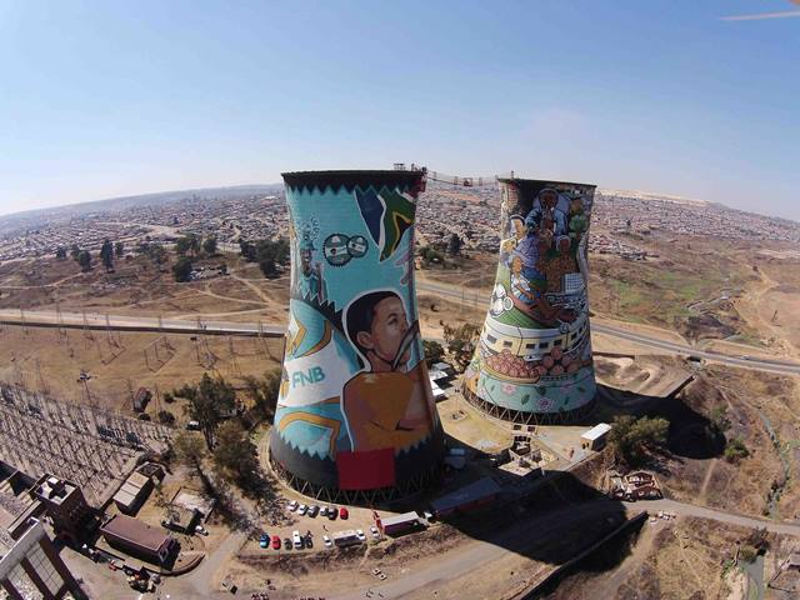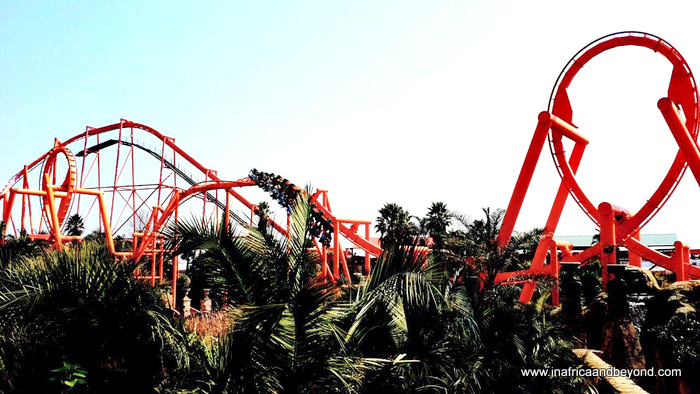Johannesburg North Attractions Fundamentals Explained
Johannesburg North Attractions Fundamentals Explained
Blog Article
The Basic Principles Of Johannesburg North Attractions
Table of ContentsA Biased View of Johannesburg North AttractionsNot known Incorrect Statements About Johannesburg North Attractions The Greatest Guide To Johannesburg North AttractionsThe Best Guide To Johannesburg North AttractionsHow Johannesburg North Attractions can Save You Time, Stress, and Money.See This Report on Johannesburg North AttractionsJohannesburg North Attractions - Questions
You must keep safety and security in mind and travelers must stay sharp at all times when in unknown environments. Speak with the locals when you are in town to learn about the location you are remaining in. Johannesburg North attractions. When on the road (this does not put on mall and various other safe atmospheres) best basic guidance is to try your finest to appear like a local and to stay clear of presenting any type of kind of wealth
How Johannesburg North Attractions can Save You Time, Stress, and Money.
Teacher Revil Mason O. J. (Thomson, 1946) explored the Witwatersrand's pre-colonial background. His archaeological job exploded the 'em pty land' misconception, according to which the area was empty of human habitation prior to the arrival of European inhabitants. In his magazines Prehistory of the Transvaal: A Document of Human Task (1962) and Origins of Black Individuals of Johannesburg and the Southern Western Central Transvaal AD 3501880 (1986 ), Professor Mason demonstrated the level of social and economic development in the area prior to Europeans established foot below.

The Johannesburg North Attractions Ideas
He showed the government's permission, granted after he had actually testified maintain his explorations key. In 1874, small mining operations were begun in the Magaliesberg, where an Australian, Henry Lewis, had uncovered gold deposits. In 1878, David Wardrop located gold in quartz blood vessels at Zwartkop, north of Krugersdorp. In 1881, Stephanus Minnaar came across gold on the farm Kromdraai, near the Cradle of Humankind.
In March 1886, an outcropping (soon to be called the Main Reef) was found, quite luckily, on Gerhardus Oosthuizen's ranch Langlaagte. Some say that the Lancastrian coal miner George Walker found this reef. An additional itinerant English miner, George Harrison (who had actually previously worked in Australian mines) acquired a prospecting permit in regard of Langlaagte in Might 1886.
He decided to proceed in a pursuit for greener fields, and disposed of his Langlaagte case for the baronial sum of 10. Alas: under lay the wealthiest goldfield ever discovered. The discovery of this rich auriferous reef prompted a gold rush that signified completion of agrarian tranquillity in the southerly Transvaal.
It would, within six years, come to be the biggest town in southern Africa. Within a decade, it would certainly make the Z. A. R. until then an anarchical and bankrupt little state the wealthiest nation in Africa. By the turn of the century, the Z. A. R. was to exceed Russia, Australia and the United States of America to come to be the globe's leading gold producer, generating more than a quarter of the world's gold.
All About Johannesburg North Attractions
It was referred to as Ferreira's Camp, called after Colonel Ignatius Ferreira. He was a Boer traveler upon whom the British authorities had presented the standing of Companion of the Most Distinguished Order of St Michael and St George (entitling him to the post-nominal letters C. M. G.) in appreciation for his function in the battle that had actually deposed the Pedi king Sekhukhune in 1879.
Soon the camp was including outdoors tents and wagons as newcomers arrived daily from far and wide. By September 1886, some 400 individuals stayed in Ferreira's Camp, which soon boasted erected iron and lumber structures. Two various other camps were developed: Meyer's Camp on the ranch Doornfontein, and Paarl Camp. The latter was nicknamed Afrikander Camp; many individuals from the Cape Colony worked out there.

Johannesburg North Attractions Fundamentals Explained
This name gained money by word of mouth, such that the State Assistant verified the name to the Mining Commissioner on 9 October 1886. Stands in the town were auctioned on 8 December official statement 1886. While some stands were cost 10, others were torn down for just sixpence.
Two years later on, these erven were to transform hands for as high as 750 each. The tented camps dwindled as a dorp of corrugated iron buildings created and expanded north of the mines located along the Key Reef Roadway. Locations such as Jeppe's Town (where working-class immigrants erected their dwellings) and Doornfontein (where the upscale brand-new 'Randlords' began to construct their luxurious houses) were quickly included in the ever-expanding map of the town.
Excitement About Johannesburg North Attractions
Besides the road names, there were no indicators of Johannesburg being located in a Dutch-speaking country. Years later on, C. W. Kearns O. J. (one of the very first children signed up at St John's College in 1898) would certainly recall: 'An odd fact regarding Johannesburg was that, although it remained in the [Boer Republic], virtually everyone spoke English and also the Federal government slaves addressed one in English, unless they were initial attended to in the Taal (or Low Dutch)'.
As such, Britain had a passion in guaranteeing ideal conditions for gold production on the Witwatersrand, and that the gold was exported to London rather than Berlin an important provided all the more clamant by the Z. A. R - Johannesburg North attractions.'s boosting toenadering with Germany. Mine owners got on a crash course with President Kruger, whose policy of monopolistic concessions (typically granted to his cronies) prevented mining business from procuring materials of materials (specifically dynamite) and labour on their own, cheaper terms
Johannesburg North Attractions Fundamentals Explained
In 1890, the Volksraad had actually restricted the franchise business to white men that had lived in the Z. A. R. have a peek at this site for fourteen years or longer, therefore invalidating the majority of the immigrants (who occurred to be the significant contributors to the fiscus). his response Nevertheless, agitation for the vote was a plain pretext for advertising a various agenda; a lot of uitlanders concerned themselves as momentary site visitors and had no intent of continuing to be in the Z.
Report this page